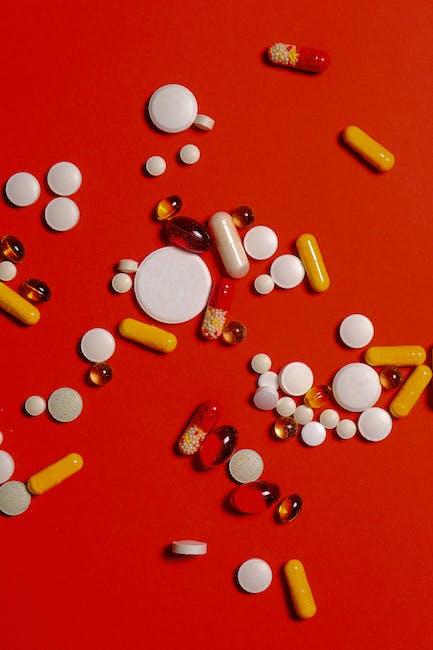Can You Overdose on B12? Understanding the Risks and Realities
Vitamin B12 is a crucial nutrient that supports nerve function, energy production, and the formation of red blood cells. But as with many things in life, can there be too much of a good thing? In this comprehensive guide, we’ll explore the question: Can you overdose on B12? We’ll delve into the science behind vitamin B12, its benefits, and the potential risks associated with excessive intake. Whether you’re a health enthusiast or simply curious about your vitamin regimen, this article will provide you with the insights you need.
What is Vitamin B12 and Why is it Important?
The Role of Vitamin B12 in the Body
Vitamin B12, also known as cobalamin, is a water-soluble vitamin that plays a pivotal role in various bodily functions. It is essential for:
- DNA synthesis: B12 is involved in the creation of genetic material in every cell.
- Red blood cell formation: Without B12, the production of healthy red blood cells is compromised, leading to anemia.
- Nerve function: B12 maintains the health of nerve cells and helps in the formation of the protective myelin sheath.
Sources of Vitamin B12
B12 is naturally found in animal products such as:
- Meat and poultry
- Fish and shellfish
- Eggs
- Dairy products
For those following a vegan or vegetarian diet, fortified foods or supplements can be important sources of B12.
Can You Overdose on Vitamin B12?
Understanding B12 Absorption and Storage
The body absorbs vitamin B12 in a complex process involving intrinsic factor, a protein produced in the stomach. Excess B12 is stored in the liver for future use, and because it is water-soluble, any unneeded amounts are typically excreted through urine.
The Possibility of a B12 Overdose
Given its water-solubility and the body’s regulation mechanisms, a true overdose on B12 from natural food sources is extremely rare. However, when it comes to high-dose supplements or injections, the question becomes more pertinent.
Recognizing the Symptoms of Excessive B12 Intake
While uncommon, there are potential symptoms associated with excessive B12 intake, particularly from supplements or injections. These may include:
- Dizziness or headaches
- Anxiety or nervousness
- Nausea or vomiting
How Much Vitamin B12 Do You Need?
Recommended Daily Allowances
The recommended daily allowances (RDAs) for vitamin B12 vary by age, gender, and life stage. For most adults, the RDA is around 2.4 micrograms per day.
When Might You Need More B12?
Certain conditions or life stages may increase the need for B12, such as:
- Pregnancy and breastfeeding
- Certain digestive disorders like Crohn’s disease
- Individuals over the age of 50
The Risks of Vitamin B12 Deficiency
Symptoms of B12 Deficiency
A deficiency in vitamin B12 can lead to serious health issues, including:
- Anemia
- Fatigue and weakness
- Nerve damage and neurological problems
Who is at Risk for B12 Deficiency?
Those at higher risk for deficiency include:
- Vegans and vegetarians
- Older adults
- People with certain medical conditions affecting absorption
Safe Supplementation Practices
Choosing the Right Supplement
When selecting a B12 supplement, consider factors such as:
- Dosage
- Form (cyanocobalamin vs. methylcobalamin)
- Delivery method (oral vs. injection)
Monitoring Your B12 Levels
Regular blood tests can help monitor your B12 levels and ensure they are within a healthy range.
Conclusion: Balancing B12 Intake for Optimal Health
In conclusion, while it is possible to consume excessive amounts of vitamin B12, particularly through supplements or injections, the risk of a true overdose is low due to the body’s ability to regulate and excrete excess amounts. It’s important to be mindful of your B12 intake, especially if you fall into a category that requires more of this essential nutrient. Always consult with a healthcare professional before starting any new supplement regimen. By understanding your body’s needs and maintaining a balanced approach to vitamin B12 consumption, you can support your overall health and well-being without the worry of an overdose.


